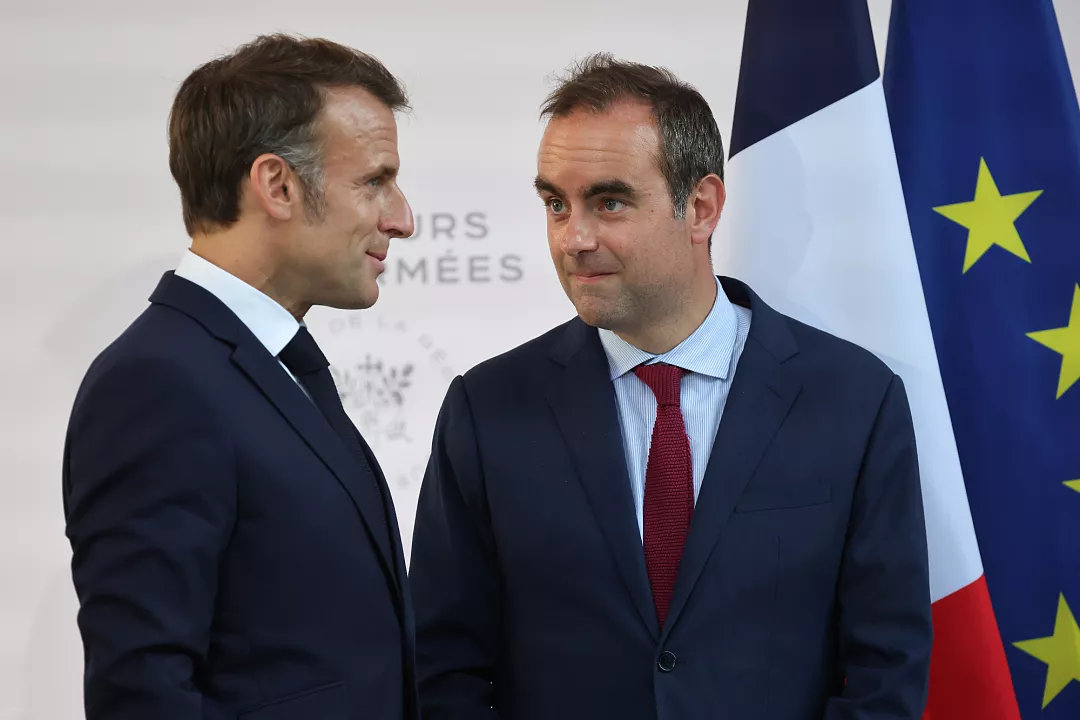French President Emmanuel Macron has appointed Defense Minister Sébastien Lecornu, aged 39, as the country’s new prime minister following the collapse of François Bayrou’s government after a no-confidence vote. Lecornu, a loyal Macron ally and former conservative, becomes the fifth prime minister appointed under Macron and the fourth in less than a year, underscoring the extent of ongoing political instability.
Macron has tasked Lecornu not with immediately forming a cabinet but with first facilitating cross-party consultations to secure agreement on the 2026 national budget. This pragmatic move is designed to build political consensus before the formation of a new government. Lecornu has already signaled his aim for “defending France’s independence and strength, serving the people, and restoring political and institutional stability.”
Lecornu brings a reputation forged in security and crisis management. As Defense Minister, he oversaw Europe’s security response amid Russia’s invasion of Ukraine, and as a former domestic and overseas affairs minister, he played key roles in managing Yellow Vest protests and unrest in Guadeloupe. His appointment is seen as a strong signal that Macron intends to press ahead with his pro-business reform agenda, including tax reductions and raising the retirement age, despite rising political discontent.
The appointment comes just ahead of a wave of unrest: the decentralized “Block Everything” protest movement is set to launch mass actions nationwide, prompting the deployment of 80,000 police officers to manage potential disruptions. These protests, backed by unions and leftist groups, threaten further destabilization in a country already rocked by repeated government collapses.
The broader political landscape remains fraught. Opponents including the far-right National Rally have denounced the move, with Marine Le Pen calling it Macron’s “last cartridge” and predicting inevitable snap elections. Meanwhile, Macron’s European affairs minister has reaffirmed France’s continued support for Ukraine, indicating that foreign policy priorities remain intact despite domestic turbulence.





